Technology
Chatbot vs Traditional Software: Which Fits Your Business Needs Better?
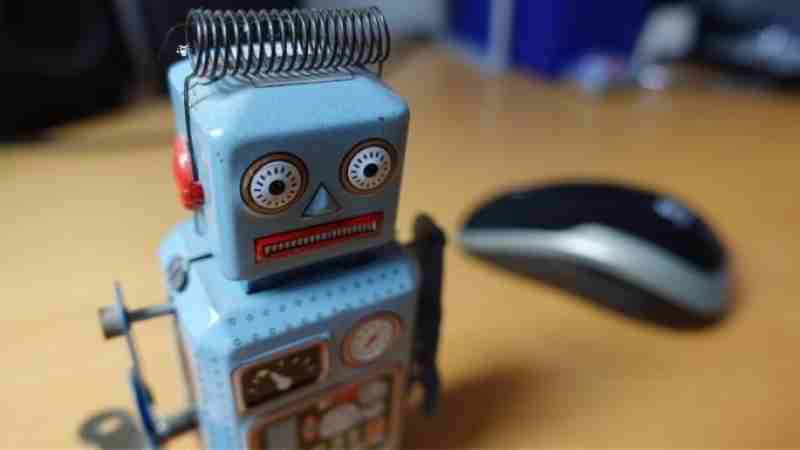
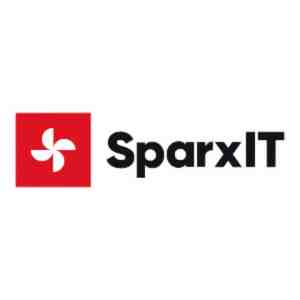 Kelly Smith
Kelly Smith
Introduction
In today’s fast-paced digital world, businesses depend on technology to stay competitive and efficient. But when it comes to choosing the right digital solution, many organizations struggle to decide between a chatbot development service and custom software development services.
Both play crucial roles but serve different purposes. The right choice depends on your goals, budget, and the kind of interaction you want with your customers. Let’s explore both options in detail to help you find the best fit for your business.
Understanding the Difference
What is a Chatbot?
A chatbot is an AI-based tool that communicates with users through text or voice conversations. It can handle repetitive customer queries, offer quick support, and even assist with sales. Chatbots are commonly integrated with websites, mobile apps, or messaging platforms like WhatsApp and Facebook Messenger.
What is Traditional Software?
Traditional software is a custom-built application designed to handle specific business operations such as accounting, HR management, or order processing. It helps businesses automate internal workflows and store important data in a structured way.
Benefits of Using Chatbots
1. Available All the Time
Chatbots never take a break. They respond to customers 24/7, which is especially helpful for businesses that serve global audiences.
2. Cost-Effective Customer Support
Hiring human agents for round-the-clock support can be expensive. A chatbot development service allows you to automate frequent interactions, reducing the need for a large support team.
3. Personalized Customer Interactions
AI-driven chatbots learn from user behavior and offer personalized suggestions or responses. This improves engagement and creates a better customer experience.
4. Scalable for Growing Businesses
Chatbots can easily manage thousands of conversations at once. They’re ideal for businesses in eCommerce, healthcare, and travel that serve a large customer base.
5. Easy Integration with Tools
You can integrate chatbots with CRM software, payment systems, or email platforms. This helps centralize business operations and enhances efficiency.
Benefits of Traditional Software
1. Tailored for Your Business
Custom software development services let you design a system that perfectly matches your business needs. Whether you need a CRM, ERP, or HR system, you can customize it as required.
2. Strong Data Security
Traditional software can be built with high-level security controls and can even be hosted on private servers. This is essential for industries like healthcare or banking that handle sensitive information.
3. Powerful Reporting and Analytics
Unlike chatbots, custom software offers advanced reporting features. These insights help businesses make informed decisions and track performance efficiently.
4. Can Work Offline
Many traditional software solutions can function without an internet connection. This is useful for businesses operating in areas with limited connectivity.
5. Stable and Long-Lasting
Once developed, custom software can run smoothly for years with minimal updates. It offers long-term stability and reliable performance.
Key Differences Between Chatbots and Traditional Software
While both technologies are designed to simplify business operations, they differ in many ways.
- Purpose: Chatbots are built for communication and automation of conversations, while traditional software manages internal business processes.
- Cost: Chatbots usually have a lower upfront cost compared to traditional software, which may require a larger initial investment.
- User Experience: Chatbots provide an interactive, conversational interface, whereas software solutions rely on dashboards and forms.
- Development Time: Chatbots are faster to implement, while software development takes more time and planning.
- Maintenance: Chatbots need regular AI updates, while traditional software requires periodic technical maintenance.
- Scalability: Chatbots can easily scale to handle more users, while software scalability depends on server capacity and infrastructure.
- Best Use: Chatbots are ideal for customer service and engagement, while traditional software is perfect for data management and complex workflows.
When to Choose a Chatbot
A chatbot is best if your focus is on improving customer communication and automating responses. It’s an excellent choice for businesses like:
- Online stores offering real-time shopping assistance
- Financial firms providing quick answers to queries
- Healthcare organizations handling appointment bookings
- Travel companies managing reservations and inquiries
By partnering with a chatbot development service, businesses can enhance user experience and reduce the pressure on customer support teams.
When to Choose Traditional Software
If your goal is to streamline internal operations, manage large data sets, or create specialized tools, custom software development services are the right option. They’re ideal for:
- Inventory and supply chain management
- Accounting and financial tracking
- HR management and payroll systems
- Project management and workflow automation
Custom software gives you more control, flexibility, and scalability as your business grows.
The Best of Both Worlds
In many cases, combining both solutions works best. You can integrate a chatbot into your existing software to improve communication and automate tasks. For example:
- A retail company can use custom software for inventory tracking and a chatbot for customer queries.
- A healthcare provider can manage patient data through software and use a chatbot for appointment reminders.
This hybrid approach ensures operational efficiency and fosters better customer engagement.
Conclusion
Choosing between a chatbot and traditional software depends on your goals. If your priority is real-time communication and customer engagement, investing in a chatbot development service is a smart move. On the other hand, if you need a powerful system to manage your business processes, custom software development services are the way to go.
For many businesses, a combination of both solutions delivers the best results, automating communication while maintaining strong operational control. Ultimately, the right choice depends on your business size, budget, and long-term goal.
Source:
Click for the: Full Story
You might like

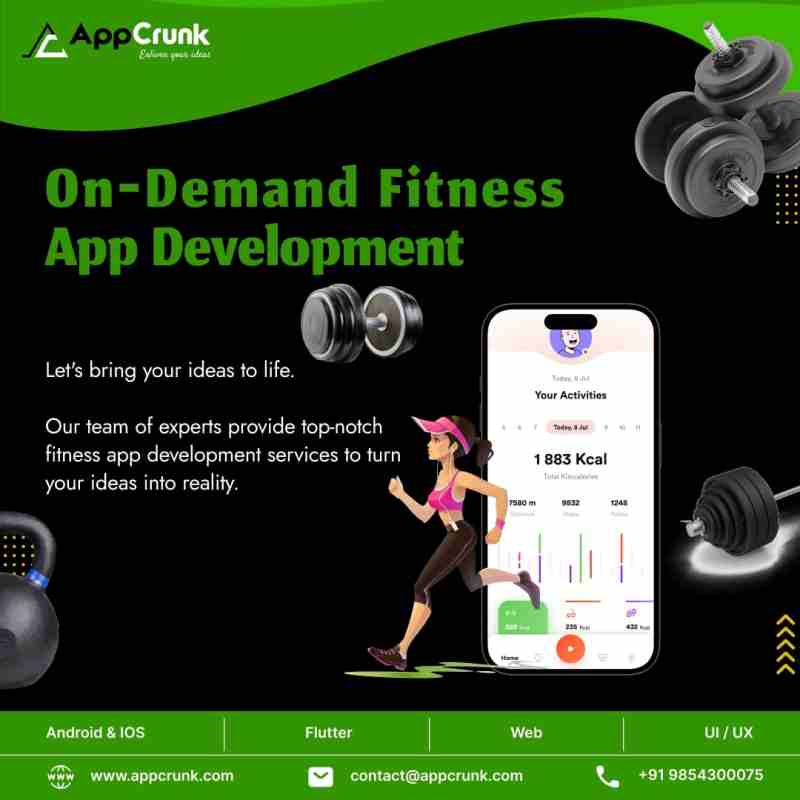

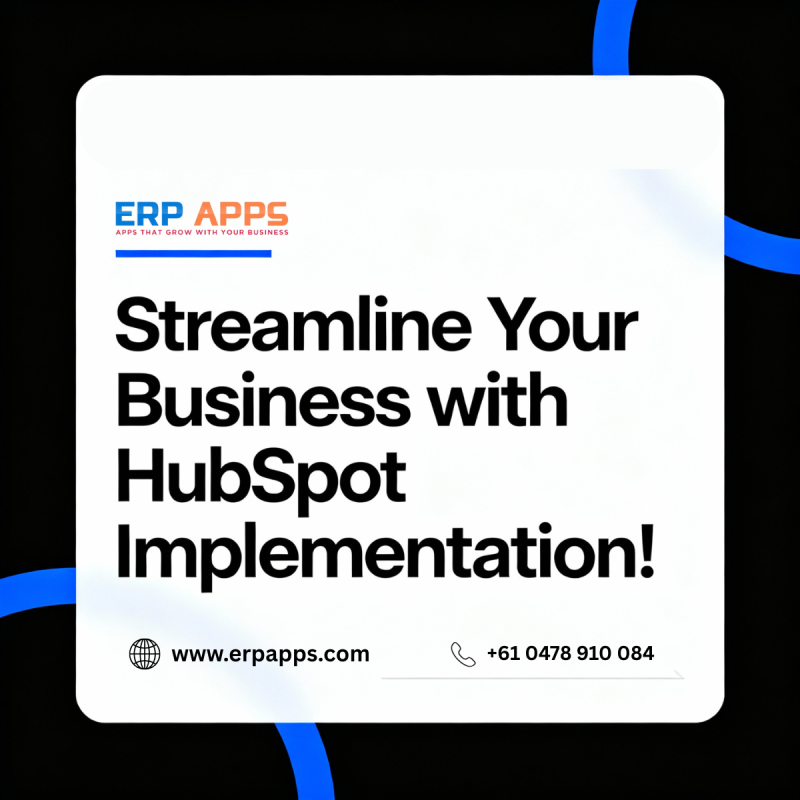
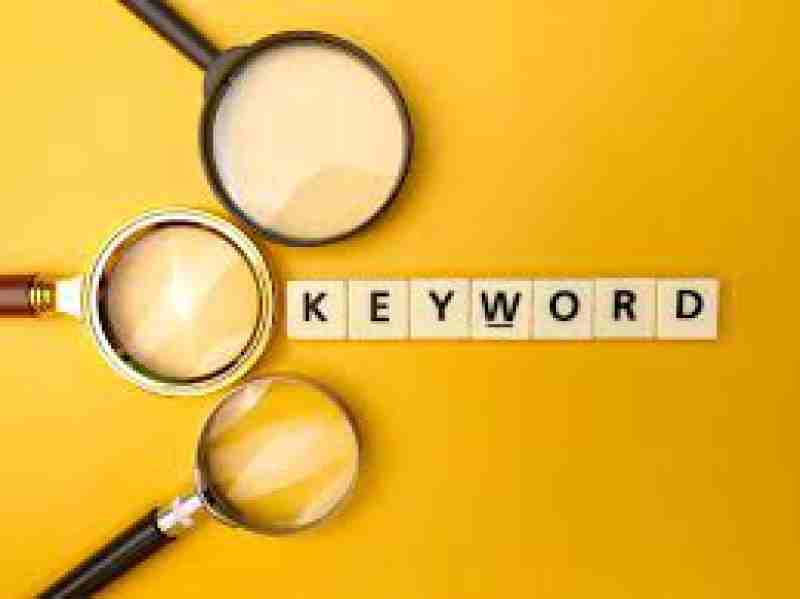




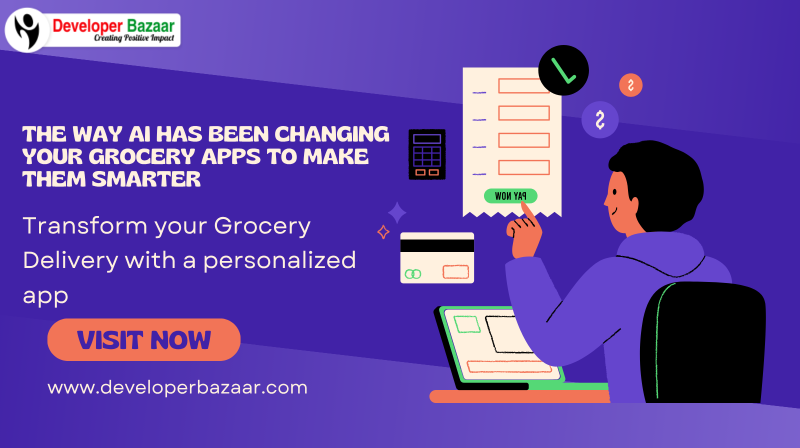



 Close Menu
Close Menu